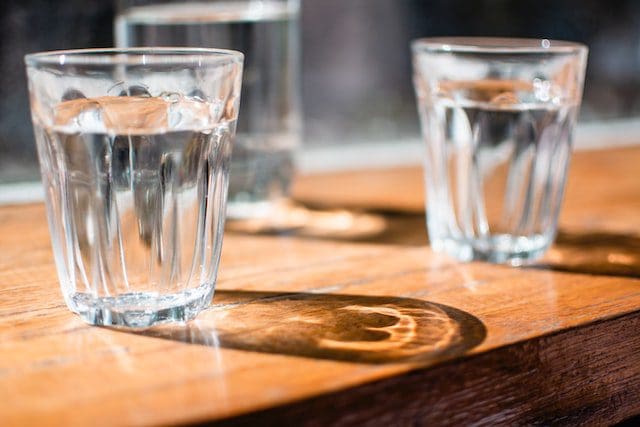Water is essential to life. We can survive for weeks without food but only a few days without water. Humans need 7–8 glasses of water per day to stay healthy, and more if we’re active or live in a hot climate.
Unfortunately, some people are drinking or have unknowingly drunk contaminated water, which can lead to many health problems, from skin diseases to severe infections, as well as other issues related to the digestive system, kidneys, blood, and heart. I’ll show you five danger signs that tell you that you have been drinking contaminated water.
Common Water Contaminants
The most common water contaminants are bacteria, viruses and parasites, chemicals and metals, radionuclides and radioactive materials, asbestos, pesticides and herbicides, and naturally occurring minerals.
Common water contaminants include:
- Lead
- Arsenic
- Copper
- Iron
- Manganese
- Mercury
Contaminants can enter your drinking water system through the pipes transporting water to your home or business. They can also come from septic systems or nearby agricultural operations.
The Camp Lejeune water contamination scandal was a famous case where contaminants entered the water without people knowing. So let’s take a look at it.
The Camp Lejeune Water Contamination Scandal
The Camp Lejeune Water Contamination Scandal started when the water at the base of Fort Lejeune was contaminated with toxic chemicals. As a result, a host of people who lived or worked at the base were exposed to those chemicals.
The scandal has been going on since 1984, when a person first discovered that the drinking water at Camp Lejeune was contaminated with the carcinogen TCE (trichloroethylene).
TCE is used to degrease metal parts during manufacturing, and it’s also used as a solvent to clean equipment.
The contamination at Camp Lejeune was discovered many years later when the area residents started showing water contamination symptoms.
Common Symptoms of Water Contamination at Camp Lejeune
People who lived at Camp Lejeune in North Carolina between 1953 and 1987 have a good chance of exposure to dangerous water contamination levels.
These are the common symptoms that showed that the water was contaminated in the Camp Lejeune Water Contamination scandal:
- There were high levels of arsenic and heavy metals in the water supply.
- Fire ants throughout the base, including in the barracks
- Mold in the walls, on shower curtains, and in sleeping areas
- Frequent outbreaks of skin infections among service members who had been exposed to contaminated water
5 Danger Signs that Your Water is Contaminated
There’s nothing like a glass of water to quench your thirst; water, like vitamins, is important to your body. But sometimes you can’t be sure it’s safe. If you feel that your tap water has become contaminated, there are five danger signs to look out for:
- If your water has an unusual smell or taste, don’t use it for drinking or cooking—it could be contaminated with bacteria or chemicals.
- If it looks cloudy or weird. Cloudy water is often caused by sediment, bacteria growth, and other contaminants in the water supply. If your water looks strange, get in touch with us right away.
- If you think there’s something wrong with your plumbing system—like leaks—you should call us immediately so we can check everything out before any damage happens. Leaks are bad for both public health and property damage.
- If the color of your water isn’t normal for where you live (or there’s no color at all). Seeing any unusual colors in your drinking water, like brown or orange, could indicate something is wrong with your water.
- You have a fever, diarrhea, vomiting, or other symptoms of illness after drinking from the tap
Your Tap Water Must be Safe for Drinking
Contamination can naturally occur if you live in a region where the environment is naturally unsafe. But it is more likely to occur from contamination from chemicals that a company or government adds to the water.
You can find out how safe your municipal water supply is by regularly checking for the presence of contaminants as indicated on your water bill. Your local utility company supplies water service to all households and businesses in your city, so be sure to ask them about the safety of your drinking water.
About the Author/s
The New Jersey Digest is a new jersey magazine that has chronicled daily life in the Garden State for over 10 years.
